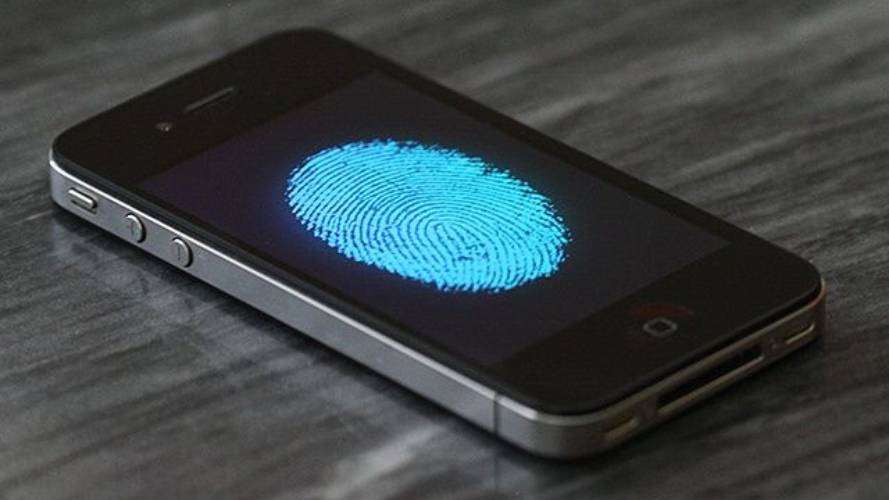×
The Standard e-Paper
Smart Minds Choose Us

One in five men wait until their partner is asleep to use their fingerprint to unlock their phone, a study has revealed.
More than a third of Brits have admitted to snooping on their partner's devices and social media accounts to find out whether they are guilty of cheating.